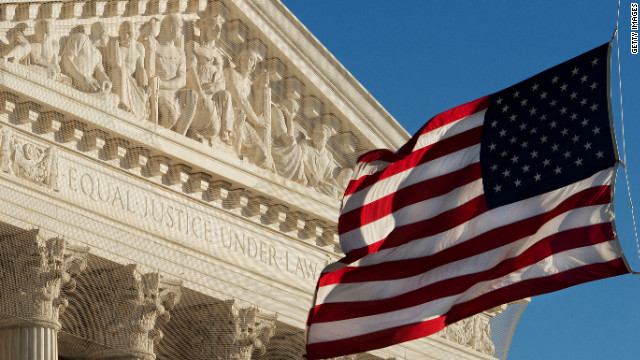Thursday, October 5, 2017
Lets talk about gun control, and also the death of democracy
I came across and opinion piece on The Washington Post titled, "Why the majority keeps losing on guns", one of the many articles of its kind to surface after the horrific events in Las Vegas this past weekend. What I found particularly interesting about this article however, is that their argument isn't about gun control, but why this issue is actually a microcosm of a much larger problem with the state of democracy in our nation.
The article was written by E.J. Dionne Jr., Norman J. Ornstein, and Thomas W. Mann, parts of which were drawn from their book, "One Nation After Trump: A Guide for the Perplexed, the Disillusioned, the Desperate, and the Not-Yet-Deported". Without even reading it, one can be sure of its liberal bias based on the authors' previous work, and because The Washington Post is typically a left-leaning news source. The authors clearly know their audience, and do a great job at pulling in their readers by framing the argument around such a polarizing and relevant topic.
Their argument is simple yet powerful, "the United States is now a non-majoritarian democracy". Our democratic system today over represents the interests of rural areas and small states, leaving a large portion of Americans living in more concentrated metropolitan areas with limited influence over national policy; in this case gun control and reform. Although I believe this is a solid argument, something to consider is that it does rely on the assumption that most rural and small states generally vote against the majority.
The first piece of evidence they provide is a gun control legislation in favor of more intensive background-checks introduced as a response to the Sandy Hook slaughter in 2013 developed by both a democrat and republican senators. The senate voted 54 to 46 in favor of the amendment but lost out due to a filibuster. the 54 votes represented 64% of the population but was defeated by those who only spoke for 37% of Americans. They also note that ending the filibuster would not have helped because even, "if all 50 senators from the 25 smallest states voted for a bill and Vice President Pence cast his lot with them... 16% of senators could overrule those representing 84%". This is especially significant because it is projected that by the year 2040 70% of Americans will live in 15 states and only represented by 30 of the 100 senators.
The second piece of evidence they cite that our system is unfair has to do with unfair gerrymandering by the GOP following the 2010 census. According to the Brennan Center for Justice, "Republicans derived a net benefit of at least 16 seats from biased boundaries" due to redrawing of congressional boundaries in key states. They go on to discuss the electoral college and the fact that in this past election, Trump had the largest popular vote deficit of any past winner (The second time in five elections that the popular vote has not lined up with the electoral collage).
The authors conclude this article with two suggestions: first, advocates for gun reform should keep up pressure on this issue as it already has the majority of americans behind it in varying degrees. Second, we as a nation must improve our system of government to make majority-rule a reality. While I agree with both suggestions, providing a more concrete solution would strengthen the argument as a whole and improve the effectiveness of the article.
The political implications of this article are serious, and suggest that our oh-so revered system is flawed. This may be hard to swallow for many citizens who still buy into American Exceptionalism. These authors are in favor of a more direct democracy, or at least for the majority to be fairly represented. This is an idea that I had never considered however after reading this article I completely agree.
Subscribe to:
Post Comments (Atom)

No comments:
Post a Comment